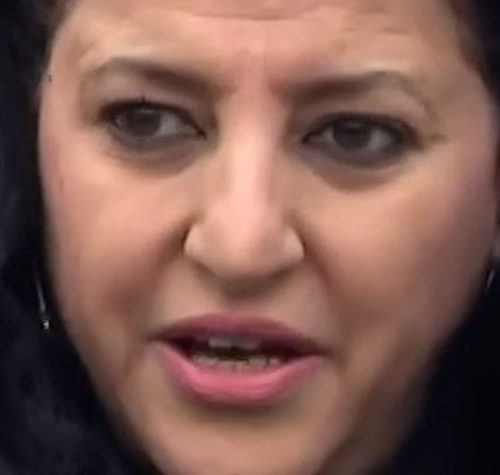
Khashoggi's wife calls Trump remarks 'disgusting'
Khashoggi’s wife calls Trump remarks ‘disgusting’
Source link

Khashoggi’s wife calls Trump remarks ‘disgusting’
Source link

Sea turtles nursed back to health in Massachusetts
Source link
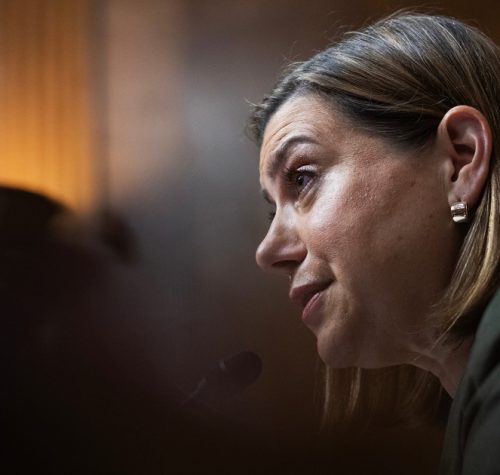
Michigan State Police responded to a bomb threat at the home of Sen.
Source link

President Trump said Ukraine had a Thursday deadline to give an answer on his new 28-point peace plan to end the war in Ukraine. NBC News’ Keir Simmons reports.
Source link

Drone finds 86-year-old man who was lost for 4 days
Source link
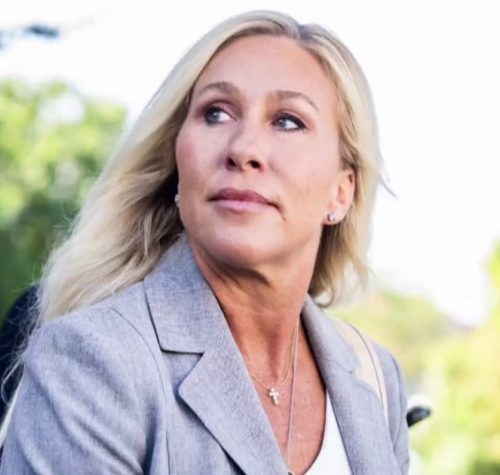
Rep. Marjorie Taylor Greene announced that she is resigning from her seat on January 5, 2026. This comes after her public fallout with President Trump over the release of the Epstein files..

Las Vegas is hosting a hotly anticipated F1 Grand Prix, in the hopes of jumpstarting a slow tourist season. British rising star Lando Norris, who races for McLaren, speaks with NBC News’.
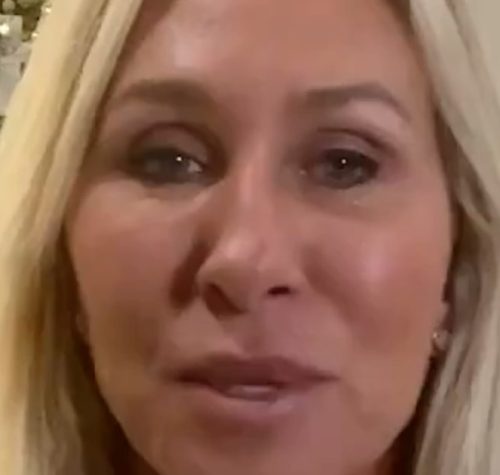
Rep. Marjorie Taylor Greene, the longtime MAGA ally who has recently drawn President Donald Trump’s ire for her criticism, will resign from the House on Jan. 5, she said in a letter.
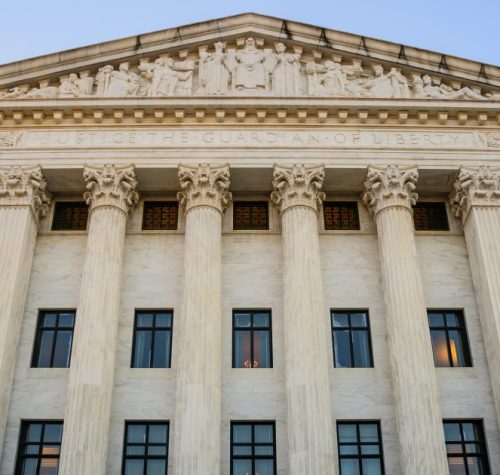
Supreme Court Justice Samuel Alito on Friday temporarily permitted Texas to use Republicans’ redrawn congressional map that a federal court blocked earlier this week
Source link
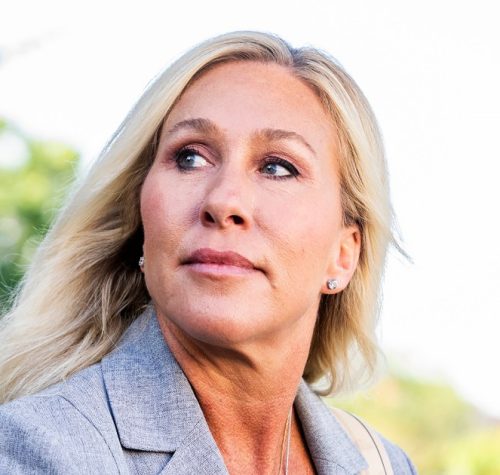
Rep. Marjorie Taylor Greene, R-Ga., announced on Friday that she is resigning from her seat, following weeks of clashing with President Donald Trump.“If I am cast aside by MAGA Inc.